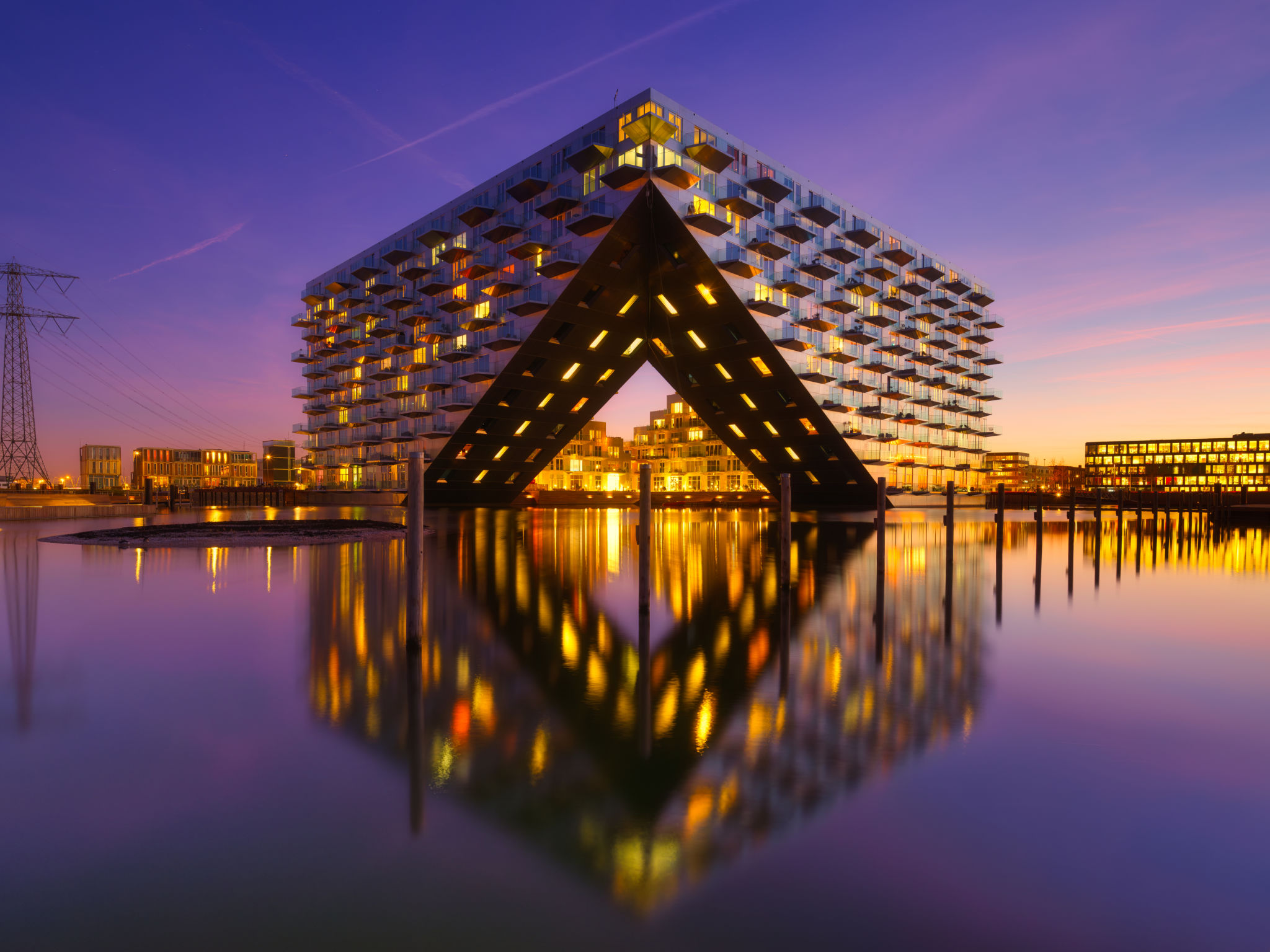Top 5 IoT Solutions for Enhancing Building Efficiency in the Netherlands
Td
Introduction to IoT in Building Efficiency
The Internet of Things (IoT) has revolutionized various industries, and its impact on building efficiency is no exception. In the Netherlands, a country known for its innovative approach to sustainability, IoT solutions are increasingly adopted to enhance building performance. These technologies not only reduce energy consumption but also improve the overall comfort and safety of building occupants.
As buildings are responsible for a significant portion of the world's energy use, integrating IoT solutions becomes crucial. Here are the top five IoT solutions that are transforming building efficiency in the Netherlands.

Smart Lighting Systems
Smart lighting systems are one of the most effective IoT solutions for reducing energy consumption in buildings. These systems use sensors to detect occupancy and natural light levels, allowing lights to be adjusted automatically. This ensures that lights are only on when needed, significantly cutting down on energy waste.
In the Netherlands, smart lighting is being implemented in both new constructions and retrofits. The technology not only enhances energy efficiency but also improves the comfort of building occupants by providing optimal lighting conditions.
Intelligent HVAC Systems
Heating, ventilation, and air conditioning (HVAC) systems are major energy consumers in buildings. IoT-enabled HVAC systems can optimize energy usage by learning from patterns of occupancy and weather conditions. These systems can adjust heating and cooling in real-time, ensuring that energy is not wasted when spaces are unoccupied.

The deployment of intelligent HVAC systems in Dutch buildings has shown substantial energy savings and increased comfort levels. Moreover, these systems provide valuable data insights that help facility managers make informed decisions about building operations.
Energy Management Platforms
Energy management platforms powered by IoT enable building operators to monitor and control energy usage more effectively. These platforms aggregate data from various building systems, providing a comprehensive view of energy consumption patterns. By analyzing this data, operators can identify inefficiencies and make targeted improvements.
In the Netherlands, these platforms are essential for achieving sustainability goals. They support the integration of renewable energy sources and facilitate demand response strategies, further enhancing building efficiency.

Predictive Maintenance Solutions
IoT enables predictive maintenance by using sensors and analytics to monitor the condition of building equipment. Predictive maintenance solutions can forecast when equipment is likely to fail, allowing for timely interventions before breakdowns occur. This not only reduces downtime but also extends the life of equipment.
Predictive maintenance is increasingly popular in Dutch buildings, as it aligns with the country's focus on sustainability and efficiency. By preventing unexpected failures, these solutions contribute to more reliable and efficient building operations.
Smart Water Management
Water efficiency is another critical aspect of building sustainability. IoT-based smart water management systems monitor water usage in real-time, detecting leaks and optimizing water distribution. These systems help reduce water waste and promote sustainable practices.
In the Netherlands, where water management has always been a priority, smart water solutions are being embraced to enhance building efficiency. By providing insights into water usage patterns, these systems empower building managers to implement effective conservation strategies.

Conclusion
The integration of IoT solutions in building management is a game-changer for enhancing efficiency and sustainability. In the Netherlands, these technologies are paving the way for smarter, more sustainable buildings that benefit both the environment and their occupants. As IoT continues to evolve, its role in transforming building efficiency will only become more significant.
